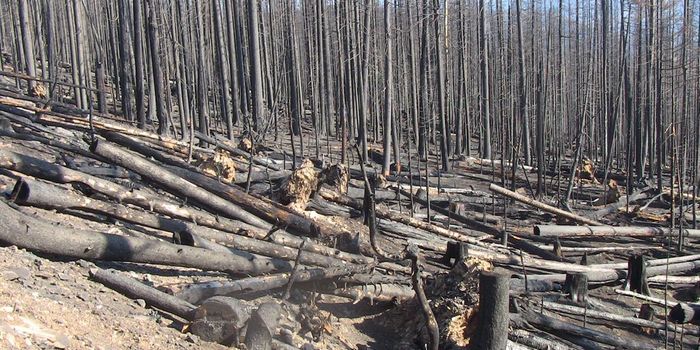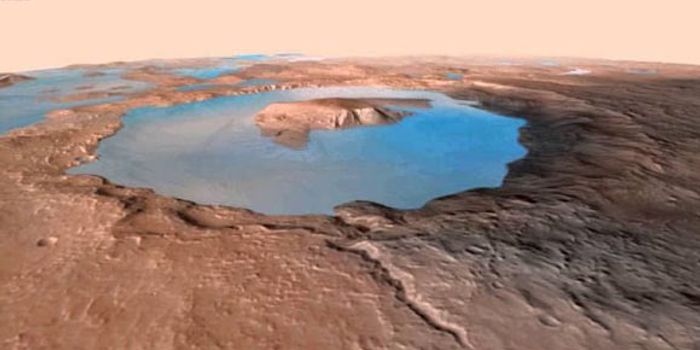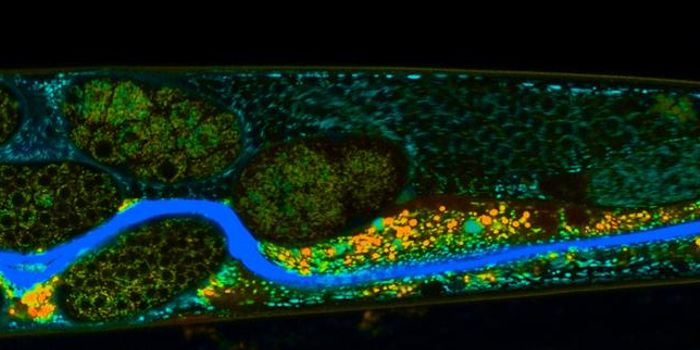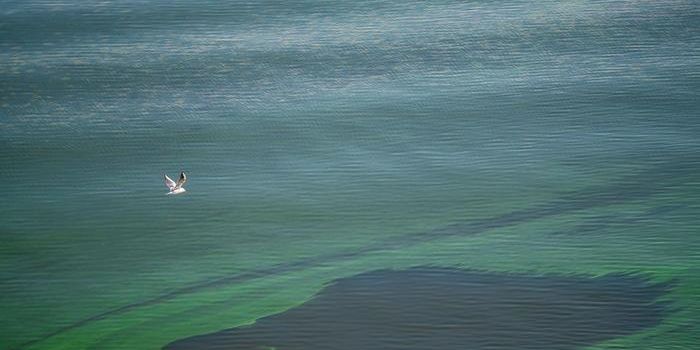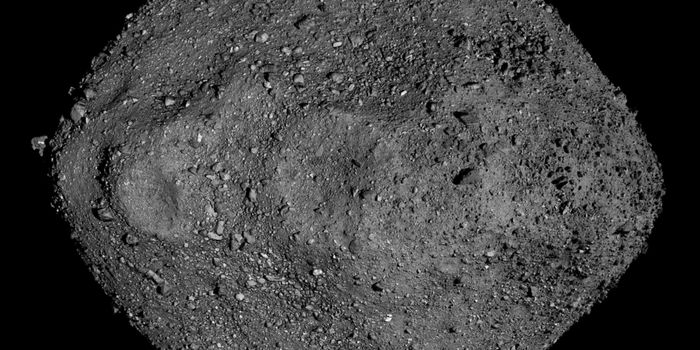Fishing Bans Don't Reduce Industrial Fishing Catches - But They Do Heal Ecosystems
A recent study provides evidence against the longstanding belief that imposing fishing bans in large areas of the ocean would negatively impact the fishing industry.
Scientists from the Mexican Center for Marine Biodiversity, UC San Diego's Scripps Institution of Oceanography, the Institute of Americas' Gulf of California Marine Program, and the National Geographic Society compared the performance of Mexico’s industrial fishing sector in the years before and after the establishment of a large-scale marine protected area in Mexico.
The 147,000-square kilometer Revillagigedo National Park was established in 2017, protecting the entirety of its footprint from fishing and other extractive activities. Prior to its establishment, the local fishing sector vocally opposed the National Park, saying that they would lose up to 20% of their catches of pelagic fish such as tuna, sharks and swordfish.
Revillagigedo National Park is one of the world’s largest marine protected areas (MPAs) and the largest marine national park in North America. Termed the “Galápagos of Mexico,” the park is teeming with ocean life, with 300 species of fish (36 of which are not found anywhere else) and five species of sea turtle, as well as sharks, giant manta rays, tuna and humpback whales.
To improve biodiversity and mitigate climate change, scientists have recommended protecting up to 30% of the ocean through the use of MPAs where fishing is banned, and yet Revillagigedo National Park is one of the few MPAs in the world with such a ban — a dissonance that stems in large part due to opposition from the fishing industry.
Using vessel monitoring system (VMS) data from the Mexican fishery commission, researchers monitored the movements of fishing vessels, focusing on 212 vessels with permits for pelagic fish. They found that the vessels did not have to traverse a wider area to catch fish, despite complying with the fishing ban in the large area of the National Park. In fact, the total ocean area used by vessels actually decreased after the park was established.
"Some argue that closing areas to fishing hurts fishing interests. But the worst enemy of fishing is overfishing and bad management -- not protected areas," said study author Dr. Enric Sala.
The scientists then used a causal impact model to compare the potential yield had the park not been established to the real-life results five years after its founding. They found no negative effect on the industrial vessels’ catch per unit of effort (CPUE).
"It's simple: When overfishing and other damaging activities cease, marine life bounces back,” explained Dr. Reniel Cabral of James Cook University. “After protections are put in place, the diversity and abundance of marine life increase over time, with measurable recovery occurring in as little as three years… With time, the ocean can heal itself and again provide services to humankind."
Sources: Science Advances, ScienceDaily

